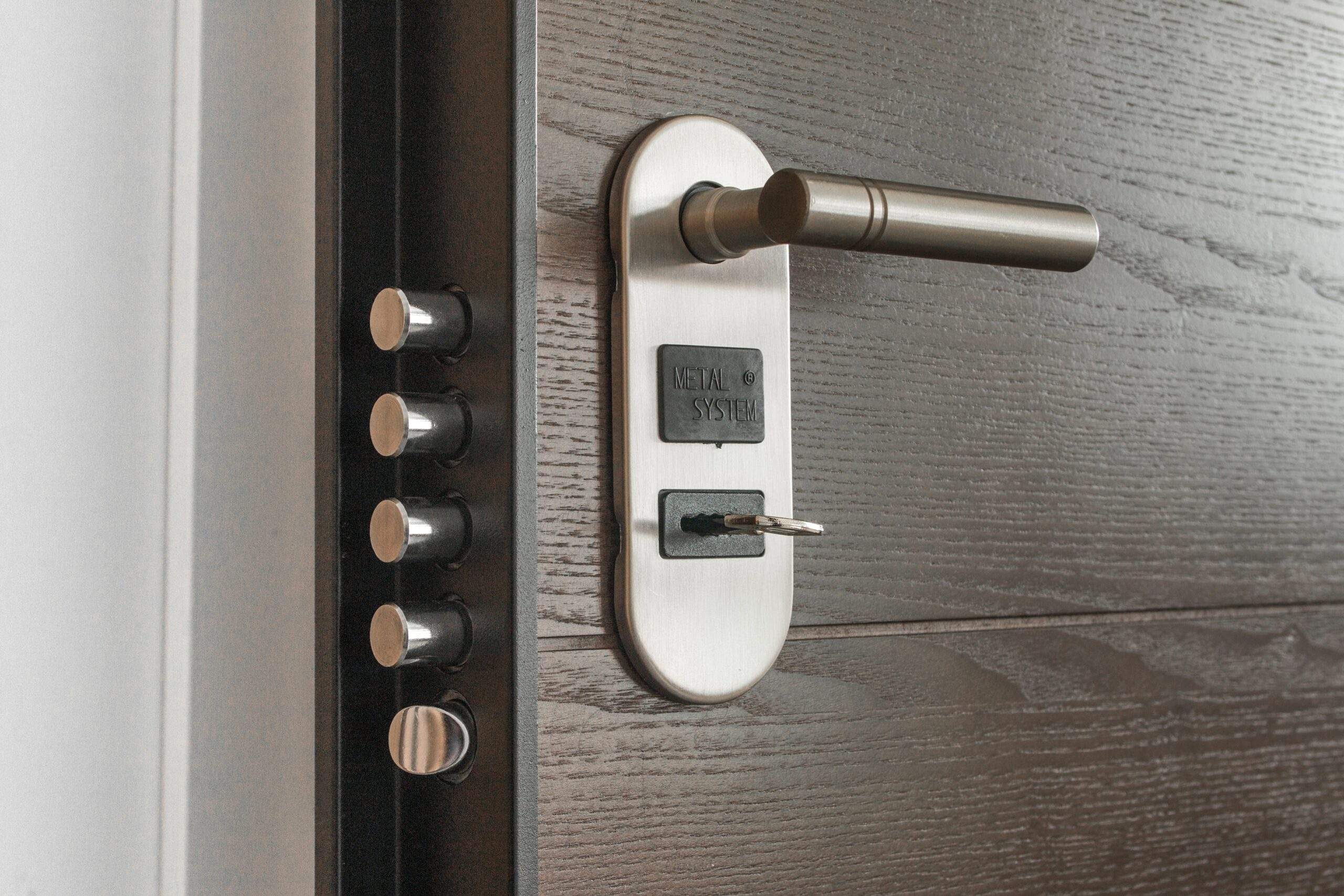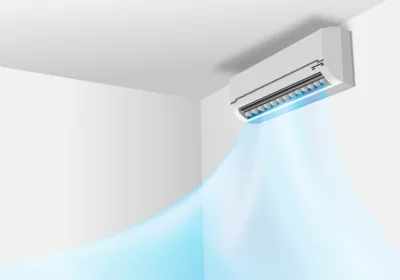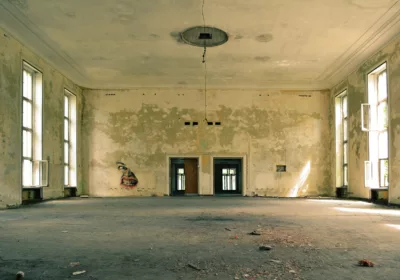
8 Home Security Mistakes That Can Make You a Target
In an age where safety and security are paramount, homeowners are increasingly vigilant about protecting their homes. Yet, many inadvertently commit mistakes that could make their residences more appealing to ill-intentioned individuals. Understanding and rectifying these common oversights can drastically reduce the chances of one becoming a target.
Avoid These Common Home Security Mistakes to Avoid Being a Victim
1. Showcasing Valuables
Leaving expensive objects on display, particularly near windows, invites robbers. Showing off expensive technology, jewelry, or art might accidentally communicate luxury, making a home a target for break-ins. Therefore, homeowners need to be more discreet to keep their valuables concealed. Blinds, drapes, and other window coverings can hide a home’s interior, and hiding assets reduces danger. By adopting such steps, people can safeguard their privacy and decrease the appeal of their properties to opportunistic robbers.
2. Poorly Lit Exteriors
A poorly lit exterior might let criminals approach and analyze a target covertly. Shadowy nooks can hide suspicious activity, letting intruders work without detection. To protect against this, homeowners should emphasize outside lighting. Motion-sensor or timed illumination at access points, walkways, and the home’s perimeter can deter burglars. These lights improve security and beautify the home after dark.
3. Neglecting Security System Need
One of the gravest mistakes homeowners can make is neglecting the need for a comprehensive security system. In an era where safety concerns are paramount, relying solely on physical barriers like locks or fences is no longer sufficient. While many reputable brands, including GW Security, offer advanced solutions for home protection, some individuals overlook their importance, thinking they’re immune to potential threats. However, burglars often seek out homes that appear unprotected or have outdated security measures. By disregarding the need for a modern system, homeowners inadvertently make their residences more appealing to potential intruders.
4. Advertising Absences on Social Media
Many people like sharing their holidays and activities on social media in today’s connected society. These messages might delight friends and followers but can also alert opportunistic criminals to an unoccupied property. Publicly disclosing one’s absence opens a window of opportunity with decreased danger for invaders. Thus, homeowners should avoid posting real-time location updates. Always share vacation stories after returning home for safety and peace of mind.
5. Hiding Spare Keys Outside
Homeowners have hidden extra keys beneath doormats or in garden fittings for years. However, many fail to comprehend that this approach is no longer a secret and is foreseeable to seasoned burglars. Such readily accessible keys might provide criminals with easy entrance. Instead of using these overused hiding areas, homeowners can provide a trustworthy neighbor with a spare key or update their house access. Digital door lock systems with temporary access codes are a safe and flexible way to provide admission without sacrificing home security.
6. Failing to Maintain the Appearance of Occupancy
Unoccupied homes look like a golden chance for criminals. A full mailbox, messy yards, or a dark home might accidentally indicate the owner’s absence. Householders can use countermeasures to imitate a lived-in look. Timer-controlled lights can provide the impression of activity in the house. Enlisting neighbors to pick up mail or maintain the yard might also prevent intruders.
7. Overlooking the Importance of Landscaping
While beautiful, lush foliage surrounding a home might hide sinister people. Burglars might sneak up on a property via overgrown shrubbery, tall trees, or thick bushes. Thus, frequent landscaping improves property appearance and decreases security risks. Homeowners can reduce hiding areas by trimming greenery and maintaining good sightlines. They make the neighborhood less appealing to intruders and safer for inhabitants.
8. Using Default Security System Passwords
Investing in sophisticated security systems is a commendable step towards safeguarding one’s home. However, many homeowners overlook the simple yet crucial step of updating default credentials. Retaining factory-set passwords can inadvertently offer a backdoor to potential intruders, significantly undermining the security homeowners sought to establish. To truly fortify their homes, it’s imperative that individuals routinely change security codes and passwords, crafting them to be both robust and unique. By adhering to this practice, homeowners can better ensure that their advanced security measures serve their intended protective purpose.
Conclusion
The essence of home security lies not just in advanced systems or robust doors but also in the small, everyday decisions homeowners make. Recognizing common pitfalls and actively seeking to rectify them adds protection, ensuring that a home remains the sanctuary it’s meant to be. Safeguarding a residence involves common sense, vigilance, and understanding potential vulnerabilities, ensuring a more secure living environment for all its inhabitants.
Sources

















